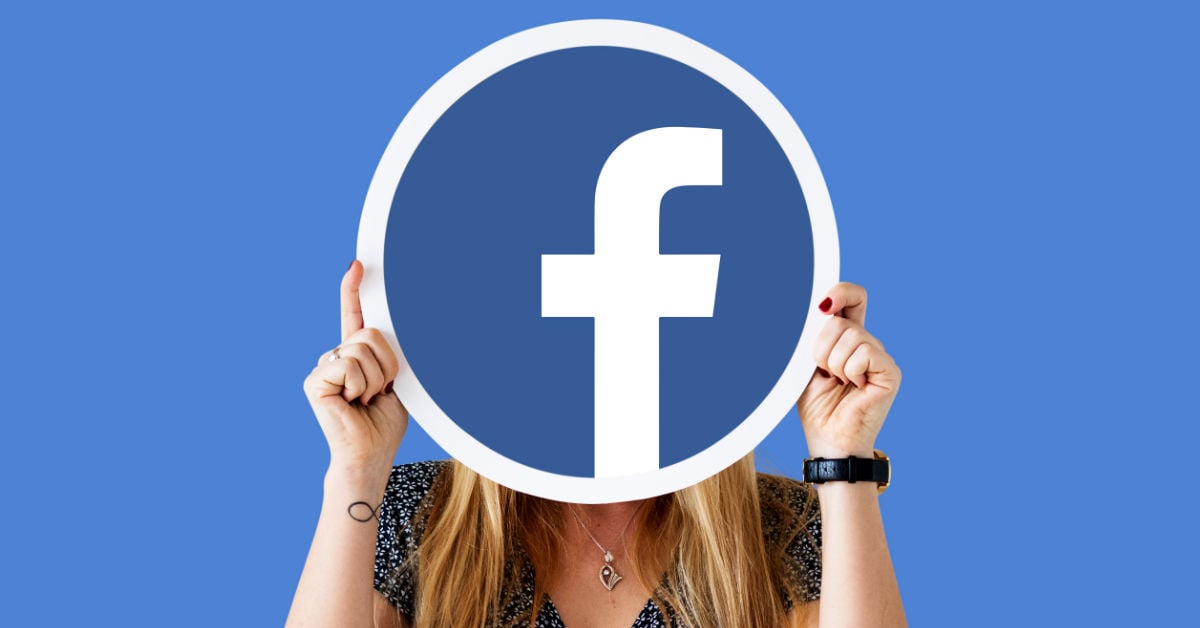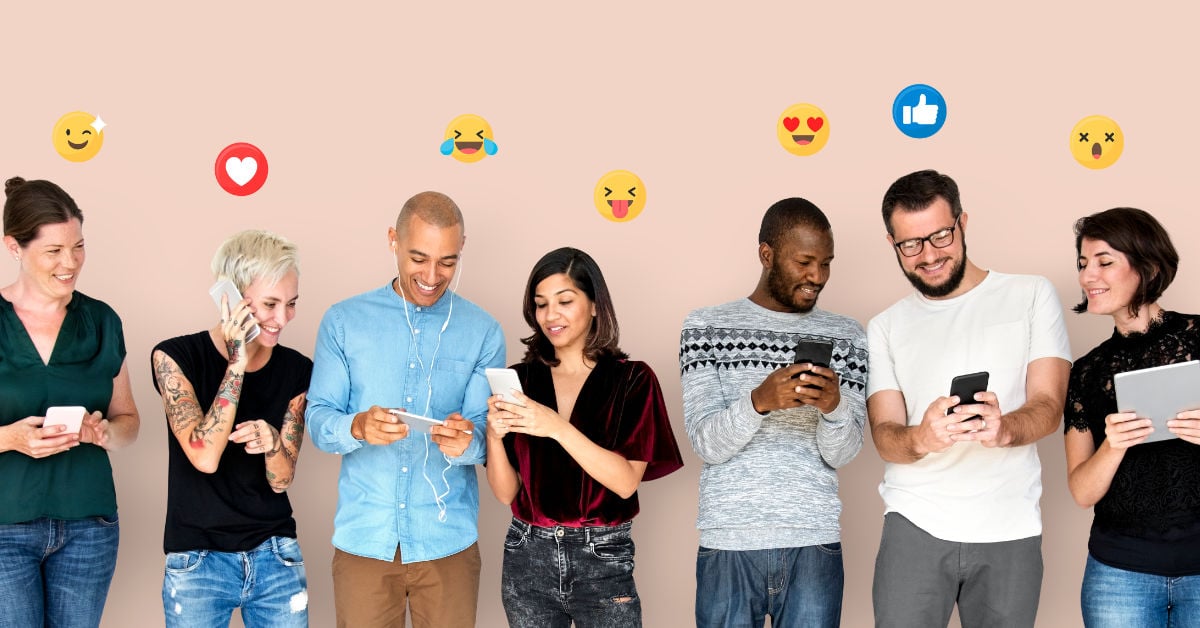Social networks: how much do they influence our lifestyle?

Social networks today play a significant role in our lives, a role that goes far beyond mere entertainment. Undoubtedly, compared to just 10 years ago, the way we communicate, socialize, collaborate, have fun, share content, and inform ourselves in general has changed.
Consider, for example, the job opportunities that have emerged with the growth of online communities and influencers. A striking case is that of Chiara Ferragni, who started her journey as a fashion blogger with The Blond Salad in 2009 and now collaborates with high fashion houses, appears in magazines worldwide, and has participated in a TV series available on Amazon Prime dedicated to her private life (as was previously the case for the Kardashians family but in the television world). Another fundamental aspect to consider today is the marketing and advertising tools offered by various platforms to companies, but it is especially the possibility of creating and nurturing relationships that constitutes the real strength of social networks. Moreover, the consequences of the pandemic crisis that began in 2019 have certainly intensified the importance of the functions performed by these platforms in our daily lives.
I analyzed the data from some recently published research regarding the use of social networks and then related the emerging data to the knowledge acquired during my studies in the field of communication. Below are some observations.
Communication is a need
Communication is in the DNA structure of human beings. The need to communicate verbally or non-verbally is an unconscious and biological necessity: humans cannot not communicate. Undoubtedly, the social world largely manages to accommodate this need. If we think about it, from a psychological point of view, the high number of likes and messages received makes us feel more appreciated.
F.O.M.O.

We fear missing out on something important, and for this reason, we try to stay constantly updated on the activities of others. The anxiety of being excluded from new experiences and important events is called F.O.M.O. (Fear of missing out) and is one of the most widespread disorders in the modern era. Indeed, having the fear of missing out on "something," we are led to spend as much time as possible on social networks, careful not to miss any notifications.
Evidently, compared to a few years ago, the time we spend on social networks has significantly increased. Certainly, the Covid situation has changed the daily life of the average user, especially in countries that were subjected to lockdown.
AND EMILI specializes in development and strategic consulting for digital channels.
How much time do we spend on social media?
According to Famemass research on the global situation, the average time spent on social media continues to rise. The latest statistics show that globally, people spend an average of 2 hours and 32 minutes per day on social media in 2021. This represents a 7-minute (5%) increase in daily time spent on social media from 2020 and an increase of more than an hour (69%) per day since 2012.

In Italy, in 2020, Italians spent 707 minutes per month on Facebook, 376 minutes on YouTube, 353 minutes on Instagram, 16 minutes per month on LinkedIn, and 24 minutes per day on Pinterest. Interestingly, in Italy, according to Contenuti Digitali's research (https://www.contenutidigitali.net/statistiche-utilizzo-social-network), Facebook is the leader in terms of time spent on social media.
Why do we spend so much time on social media?

As mentioned at the beginning of the article, there are multiple motivations behind the use of social networks in daily life.
Entertainment
The most common reason is entertainment: social media is perceived as "relaxation rooms," thus a way to unwind and release accumulated energy. We entertain ourselves, for example, by commenting on the content we encounter. And the comments are not always positive because, within certain limits, everyone is free to write what they want (in fact, the web is full of tutorials on "How to manage negative comments on Social Networks").
Information
The second motivation is the search for information. The awareness that "If you're not online – you don't exist" is increasingly prevalent as social media today proves to be fundamental for shaping opinions, including those of consumers. According to Blogmeter's research "Italians and social media" on a significant sample of 1,703 residents in Italy, registered on at least one social channel, 19% of Italians indeed state that they have changed their mind about a product (and 16% about a brand) after reading or seeing social content.
Relationship
The third motivation concerns the creation and maintenance of relationships and friendships, and the number is quite high!
But do we really know all our friends? Interesting in this regard is the Dunbar number theory. It is the friendship theory of English anthropologist Robert Dunbar, who for many years studied the social groups in which primates live. This observation led him to understand what the average size of social groups in humans is. The results showed that in reality, social groups of human beings never exceeded 150 members. Beyond this threshold, people use rules or tools to maintain such relationships. Below this threshold, there are, however, several particular bands. 5 are those people whose habits and feelings we know well, 12 are those with whom we can have fun and generally feel good, and finally, 35 people are those with whom we are in daily contact. In summary, Dunbar's theory tells us that there aren't so many people with whom we interact. Those few are really our friends; the rest are not. Let's try to apply this theory to the social scenario: out of 1000 friends on Facebook, how many of these do we really have a relationship with? Maybe a dozen.
In conclusion
Certainly, there are many points of reflection on what the social scenario is currently like and what it will be like in a few years. It represents a point of no return both socially and economically, and the Covid Rhapsody that began in 2019 (and has not yet ended) could only accelerate the race.
AND EMILI specializes in the development and strategic consulting on digital channels.
This page has been translated using automated translation tools and artificial intelligence technologies. We strive to ensure that the content is accessible in multiple languages, but please be aware that the translation may not be perfect. If you have any doubts or need clarifications, please feel free to contact us.



